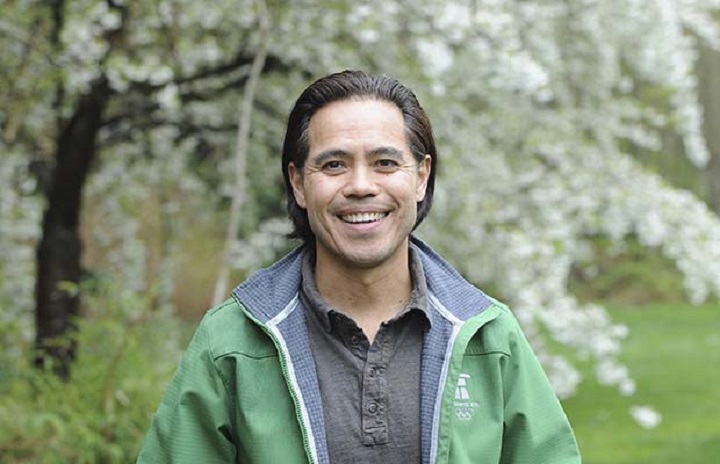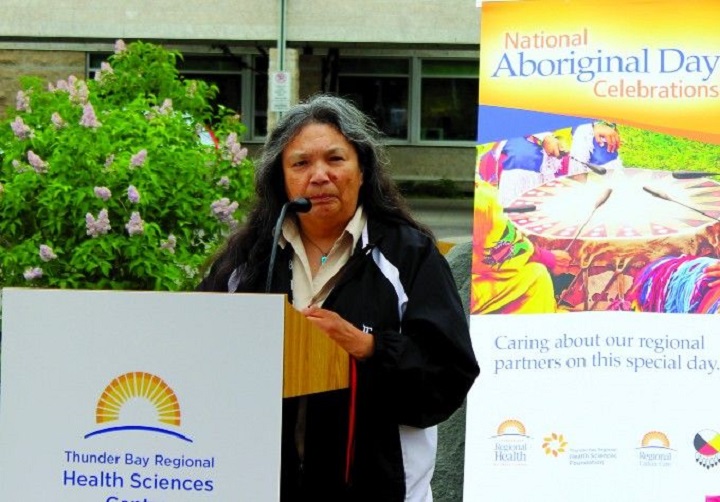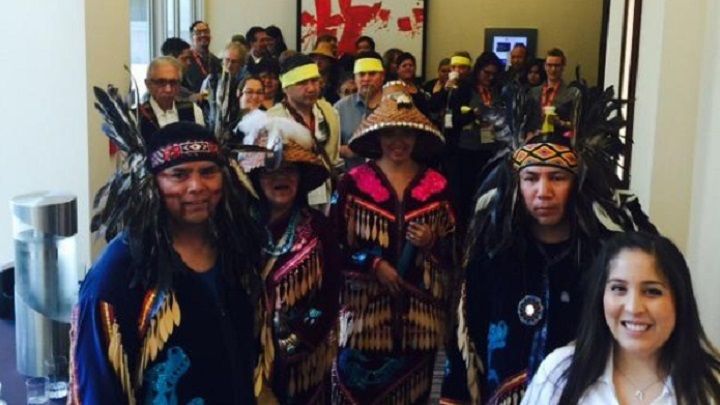
For Canada's Aboriginal communities, life expectancy and health outcomes continue to lag behind the national average. In an effort to help overcome this disparity, MNP launched the Operation Blue Sky: Aboriginal Health Initiative. With a focus on improving access to health care services and the ways in which they are delivered, this incentive-based competition aims to help people who live in Aboriginal communities to live longer, healthier lives.
But of course, these efforts are not taking place in a vacuum. All across Canada, First Nation communities and organizations are stepping up to address the problem of the disparity in health care. In what is fast becoming a national dialogue on the future of health care in Canada, First Nations communities are working with provincial and federal authorities to make a difference.
Consider the Tripartite First Nations Health Plan (TFNHP). In June 2007, this agreement was struck between the federal government, the provincial government of BC, and the First Nations Leadership Council. The goal: to improve the health and well-being of First Nations, closing the health gap between First Nations people and other British Columbians, and fully engaging First Nations in decision-making regarding the health of their people.
Over the past eight years, this plan has led to positive changes in how health care is administered both on and off reserve. For example, shortly after the agreement was signed, the First Nations Health Authority (FNHA) was formed to implement the Health Plan on behalf of BC's First Nations, and act as the operational arm of the TFNHP.

Dr. Evan Adams, a member of the Tla’amin (Sliammon) First Nation and the FNHA's chief medical officer. Credit: Bill Keay, PNG Files
Another key aspect of the TFNHP was the creation of the position of Aboriginal Physician Advisor to provide support and guidance regarding Aboriginal health. In 2007, Dr. Evan Adams, a famous actor, physician, and Aboriginal activist, became the first person appointed to the position. In order to encourage First Nations communities to become more involved in the discussion and planning of their health care, the FNHC also established Community Engagement Hubs across the province.
Furthermore, every year, the FNHA hosts a two-day forum where representatives of BC's First Nation Communities meet with federal and provincial leaders to discuss ways to improve health care for BC's Aboriginal citizens. This past May, more than 200 First Nations representatives gathered in Vancouver for the annual event, which was named "Gathering Wisdom for a Shared Journey" .
This year's forum, which took place on May 6th and 7th, produced many useful recommendations. It also reinforced the need for more direct participation by BC's First Nations in shaping their own health care. As the FNHA's CEO Joe Gallagher explained in an interview with The Early Edition:
"Colonization created reserve systems. It created alienation from resources and lands and took away from the traditional lifestyle that we had. We haven't made the transition from the impact of colonization to where we need to be"
Beyond British Columbia, there are numerous examples of First Nation communities stepping up to provide solutions to the issue of health care and health disparities. For instance, over the past five years, the Thunder Bay Regional Health Sciences Centre - in Thunder Bay, Ontario - has been working with First Nation communities in the area to improve health care for those living on reserves and within the town itself.

Brenda Mason, the Anishinabe cultural and spiritual services worker speaks at the Thunder Bay Regional Health Sciences Centre on National Aboriginal Day. Credit: chroniclejournal.com
These efforts have included hiring an Aboriginal engagement lead, providing Aboriginal patient navigators for cases involving child and adolescent mental health, and creating the Centre for Complex Diabetes Care. The hospital has also provided numerous different cultural sensitivity training opportunities for staff and incorporated more Aboriginal artwork and stories throughout the facility to make the enviroment more welcoming and culturally representative.
This past June, hospital officials and representatives from the federal department of Canadian Heritage attended a ceremony in honor of the progress that has been made. As Stephen Khan, a program officer with the department of Canadian Heritage said:
“Our mission at Canadian Heritage is to promote an environment in which all Canadians take full advantage of dynamic cultural experiences, celebrating our history and heritage, and participating in building creative communities. Today’s celebration is a perfect example of that mission in action.”
When it comes to addressing the disparities between the health of Canada's First Nations and the national average, the way forward seems clear. It is only through collaboration, mutual respect, and direct involvement by those who are most affected that we can move forward and make a difference.
You too can help make a difference for Canada's Aboriginal communities. Share MNP's Operation Blue Sky or register in the challenge for a chance to win up to $25,000 in prizes. Submissions close on August 12th.
Top Image Credit: CBC News - Early Edition








